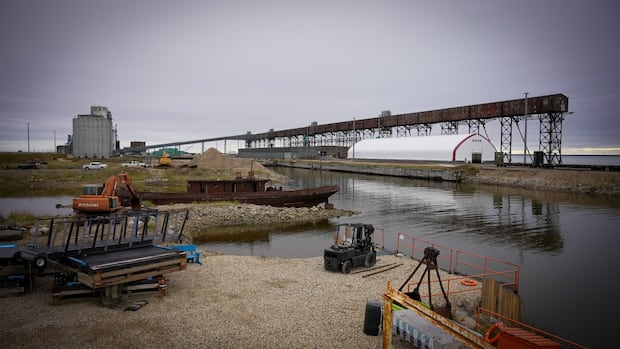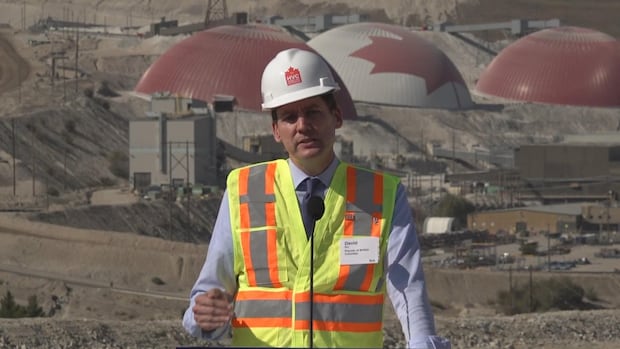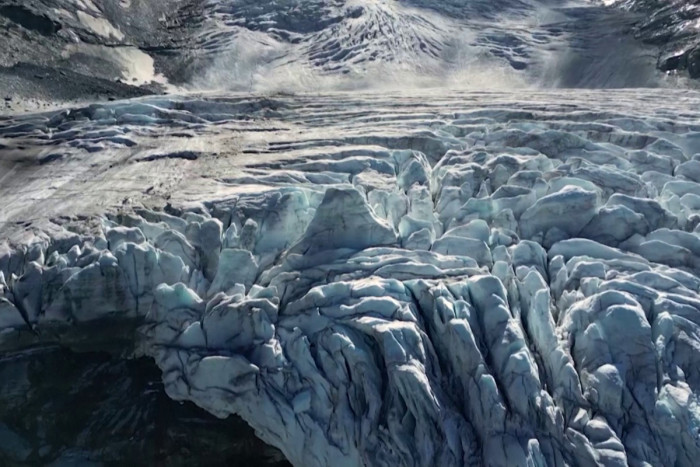Churchill, Manitoba: Balancing Port Expansion with Environmental Concerns
Churchill, Manitoba, long known as the "polar bear capital of the world" and a hub for beluga whale and aurora borealis tourism, faces a pivotal moment. A proposal to expand its deepwater port, the only Arctic port connected by rail, is sparking both excitement about economic growth and anxiety over potential environmental impacts on wildlife and the tourism industry.
The Port of Churchill Plus Proposal
The Port of Churchill Plus proposal aims to transform the port into a major export hub for Canadian resources like LNG and critical minerals. The project envisions upgrading the rail line and developing export facilities for various commodities, including grain, potash, and crude oil. Additionally, it could include investments in icebreakers, transmission lines to Nunavut, and pipelines, ultimately establishing a vital trade link between Canada and emerging Arctic routes to Europe and beyond.
Local Reactions: Hope and Apprehension
While many residents are enthusiastic about the potential for job creation and population growth, concerns remain about the impact of increased commercial shipping on the local ecosystem. David Daley, a long-time resident, Métis sled dog racer, tourism operator, and hotel owner, reflects the mixed feelings: "We hope for better jobs for our kids, better jobs for our grandkids in the future." However, he also acknowledges the apprehension among those in the tourism industry: "[But] the people that have the tourism relationship here in town, I think that they're a little apprehensive about like, is this going to be rammed down our throats?"
Economic Needs vs. Environmental Risks
Jeremy Allen, of On the Land Adventures, highlights the urgent need for economic diversification in Churchill, where unemployment is high due to the port's decline. However, he emphasizes the importance of conducting "due diligence" to prevent negative impacts on wildlife. "I think economically it would be great, but environmentally it could turn into a pretty big disaster." Churchill relies on its reputation as the “polar bear capital of the world” for tourism, and changes to wildlife habits could be potentially damaging.
Climate Change and Hudson Bay
Climate change is exacerbating the challenges facing Churchill. The rapid decrease in Canada's sea ice coverage, about seven percent per decade since the 1970s, is creating longer periods of open water in Hudson Bay, threatening seals and polar bears. Fei Wang, head of the University of Manitoba's Churchill Marine Observatory, notes that Hudson Bay has warmed more than 1°C in the last 40 years, leading to an increasing number of ice-free days. By 2100, Wang predicts year-round shipping through the Hudson Strait could be possible.
The Beluga Whale Concerns
Erin Greene, owner of a stand-up paddle tourism company, expresses deep concern about the impact of dredging and increased shipping on the beluga whales that frequent the Churchill River during the summer. She points to the endangered beluga population in the St. Lawrence River estuary as a cautionary tale, citing chemical contamination, noise pollution, and habitat loss as contributing factors. "Their entire world is sound. They communicate with sound, they see with sound. And when you bring in big ships like that, you completely mask their ability to see."
Seeking a Balance
Churchill Mayor Mike Spence, also the chair of AGG's board of directors, acknowledges the risks and responsibilities associated with the port expansion. He emphasizes the need to find a balance between economic development and environmental stewardship. "I mean the goal is to find the balance in this," he said. "As Indigenous people, we're stewards of the land, you know, where we need to respect what the Creator has asked us to watch over." The future of Churchill hangs on striking this delicate balance between economic opportunity and environmental preservation.
 Visit the website
Visit the website






